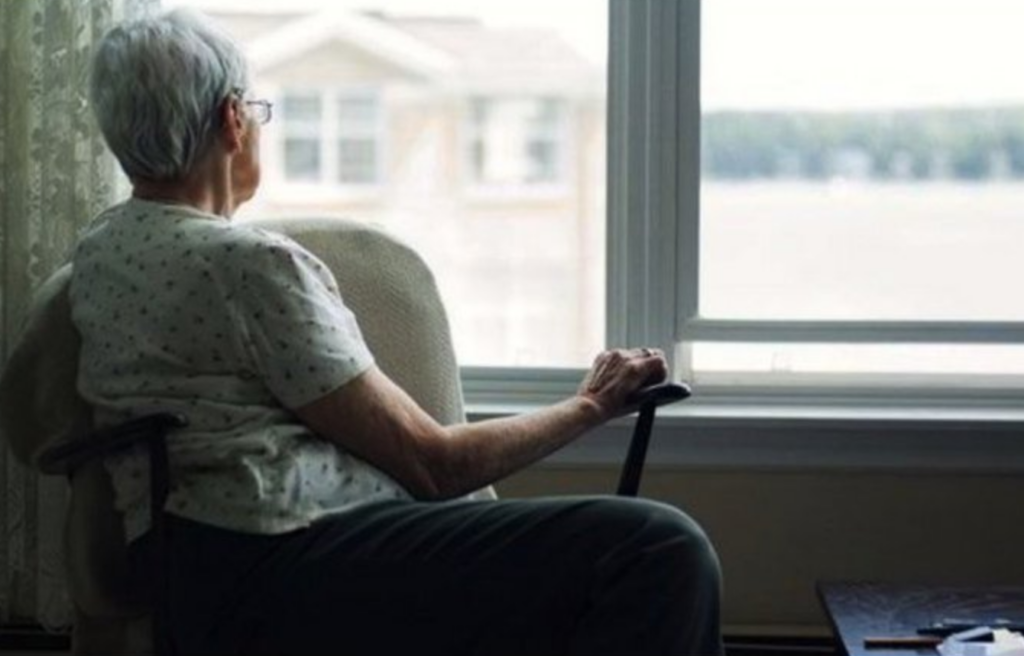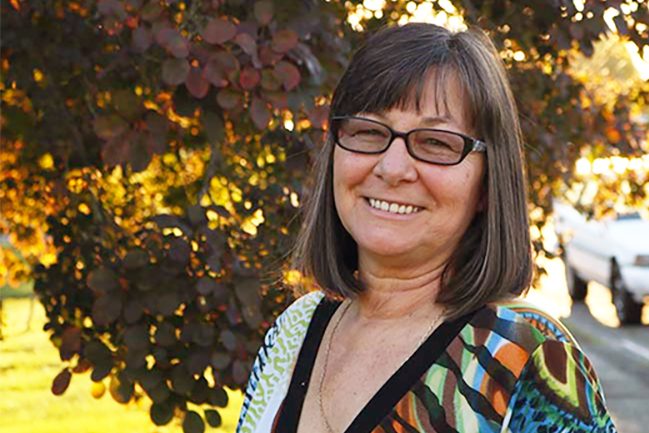TORONTO: The Justice Centre has filed a potential lawsuit in Divisional Court against the Ontario government on behalf of Mafalda Maione and Barbara Mills, both elderly residents of long-term care homes, and their daughters who are their essential family caregivers. The lawsuit claims that the government has infringed their Charter rights to life, liberty and security of the person, and asks the court to review the government’s decision to keep family and private caregivers locked out of long-term care homes.
Whether the lawsuit is permitted to go forward at this time, with the court still operating in a limited manner due to COVID-19, will depend on whether the case is deemed sufficiently urgent.
Essential family caregivers are not casual visitors. They, along with private duty caregivers they hire when the family cannot be present, provide necessary care to elderly or vulnerable relatives in long-term care homes, and have always been considered an important part of the health care team. Many volunteer 10-20 hours per week or more, saving the government staffing costs, and providing supplementary care like feeding, bathing and caring for their family member. When the COVID-19 lockdown began in March, the Chief Medical Officer of Health, Dr. David Williams, issued an order denying all visitors access to long-term care homes, even essential family and private caregivers. Since then, Dr. Williams has issued a series of confusing and conflicting instructions to long-term care homes that has resulted in many family and private caregivers continuing to be shut out.
Prior to the lockdown, Mrs. Maione was dealing with the effects of two recent strokes and advanced dementia, and her private care included help with feeding, fall prevention, toileting, personal care, physical therapy, memory support, calming her anxiety, and communicating her needs to staff, which was especially important since her primary language is Italian. As a result of the lockdown, Mrs. Maione went from having 15 hours per day of one-on-one support (either from her daughter or hired private caregivers) down to zero. As the lockdown progressed and her isolation and neglect increased, her daughter noted that Mrs. Maione became a shell of her former self. Although some access has been recently granted, it remains limited, restrictive, arbitrary, discriminatory, discretionary, and with no ability to challenge the access decisions being made by the long-term care home.
Mrs. Mills’ daughter, Susan, spent approximately 20 hours per week before the lockdown providing one-on-one care to her mother. This included feeding (which required slowing her Mom’s eating down to avoid choking), personal care, memory support, cognitive exercises, calming her anxiety and articulating her mother’s needs to staff. After Mrs. Mills broke her hip last September, Susan was assisting her with daily physiotherapy exercises. This stopped with the lockdown and Susan was advised that her mother would no longer receive any physiotherapy to stand or walk.
Since the lockdown, Susan has gone to the care home for daily window visits to try and provide some social contact for her mother. Initially, Mrs. Mills could hold the phone and talk, but she no longer has the physical strength to do so. Susan has noted a dramatic physical and mental decline in her mother over the last five months. There have been days when Mrs. Mills does not recognize her daughter, and other days when Susan had to implore her mother not to give up, as she appeared to have lost the will to live.
The Ford government has been aware for many months of the increasing harm to the elderly from isolation and neglect, and from not receiving the care and oversight of family caregivers. The government has been made aware that the order is unclear and that long-term care homes are keeping family and private caregivers out as a result. The government has had the power throughout to issue clear instructions that would apply to all long-term care homes, but has refused or failed to do so.
The Justice Centre served a legal demand letter on the Ford government on July 17, 2020, highlighting these concerns and providing a proposal to avoid a court action, but received no response.
While caution in the earliest days of the pandemic may have been justified, it has been well-known for many months now, and supported by many specialists and front-line experts in elder care, that it is critical to the health and lives of the elderly to get family and private caregivers back into senior’s homes as quickly as possible, and that by providing training and proper equipment, it is safe to do so.
“The Ontario government has chosen to ignore the people who have long experience in helping to care for their relatives, in favour of bringing in strangers – the military, teachers, part-timers, new hires and other people who are somehow deemed safe enough to enter the premises,” notes Justice Centre lawyer, Lisa Bildy. “Responsible family caregivers, however, continue to be seen as disease vectors.”
“The elderly are no less entitled to rights than any other Canadian,” continues Bildy. “The Ford government is violating our clients’ Charter rights. They are causing more harm than good by confining them in their rooms and keeping them from their loved ones. Solitary confinement and being deprived of love and care from their family or other chosen caregivers is not how our elderly should be spending the final days of their lives.”








